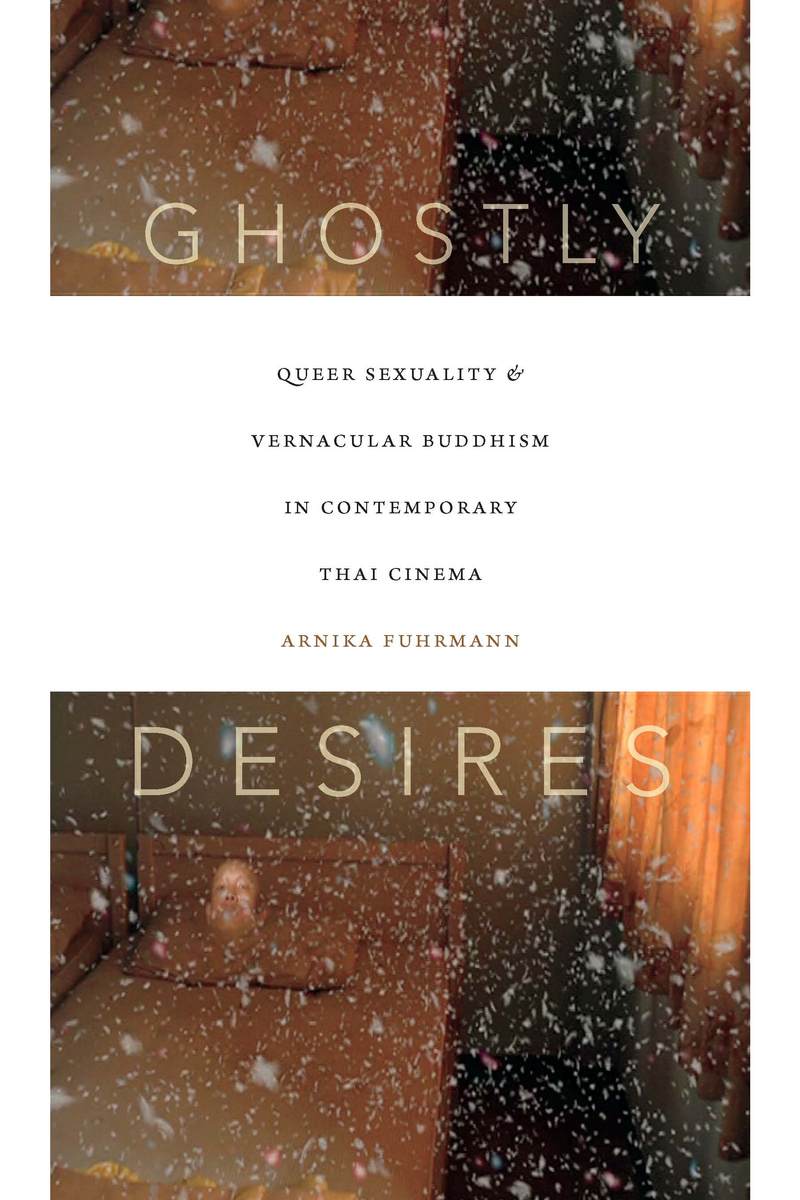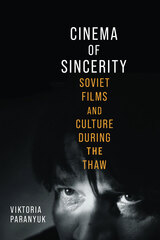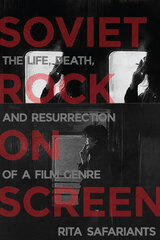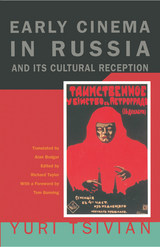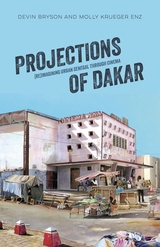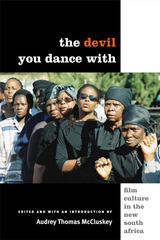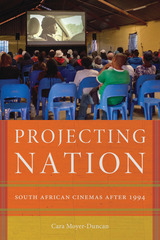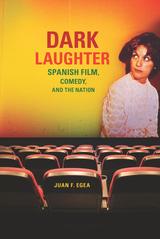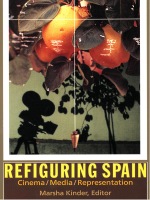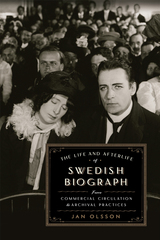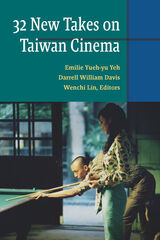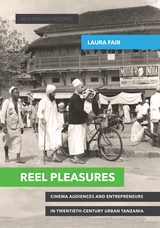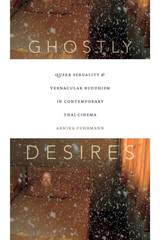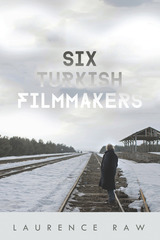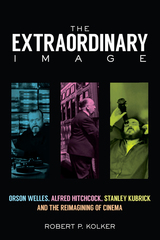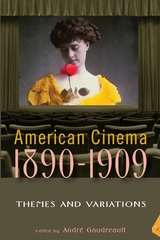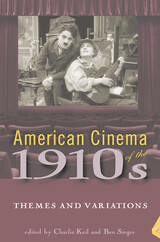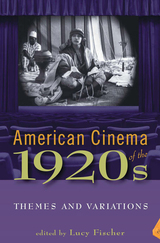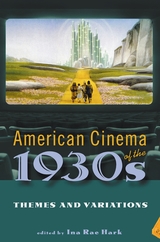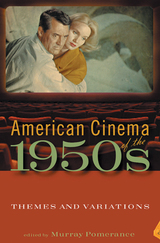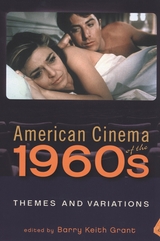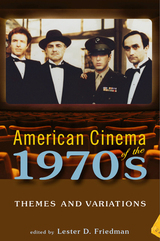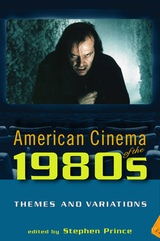Ghostly Desires: Queer Sexuality and Vernacular Buddhism in Contemporary Thai Cinema
Duke University Press, 2016
Cloth: 978-0-8223-6119-0 | Paper: 978-0-8223-6155-8 | eISBN: 978-0-8223-7425-1 (standard)
Library of Congress Classification PN1993.5.T5F847 2016
See other books on: Fuhrmann, Arnika | Ghosts in motion pictures | Queer Sexuality | Sexual minorities in motion pictures | Thailand
See other titles from Duke University Press
Cloth: 978-0-8223-6119-0 | Paper: 978-0-8223-6155-8 | eISBN: 978-0-8223-7425-1 (standard)
Library of Congress Classification PN1993.5.T5F847 2016
ABOUT THIS BOOK | AUTHOR BIOGRAPHY | REVIEWS | TOC | REQUEST ACCESSIBLE FILE
ABOUT THIS BOOK
Through an examination of post-1997 Thai cinema and video art Arnika Fuhrmann shows how vernacular Buddhist tenets, stories, and images combine with sexual politics in figuring current struggles over notions of personhood, sexuality, and collective life. The drama, horror, heritage, and experimental art films she analyzes draw on Buddhist-informed conceptions of impermanence and prominently feature the motif of the female ghost. In these films the characters' eroticization in the spheres of loss and death represents an improvisation on the Buddhist disavowal of attachment and highlights under-recognized female and queer desire and persistence. Her feminist and queer readings reveal the entangled relationships between film, sexuality, Buddhist ideas, and the Thai state's regulation of heteronormative sexuality. Fuhrmann thereby provides insights into the configuration of contemporary Thailand while opening up new possibilities for thinking about queer personhood and femininity.
See other books on: Fuhrmann, Arnika | Ghosts in motion pictures | Queer Sexuality | Sexual minorities in motion pictures | Thailand
See other titles from Duke University Press
